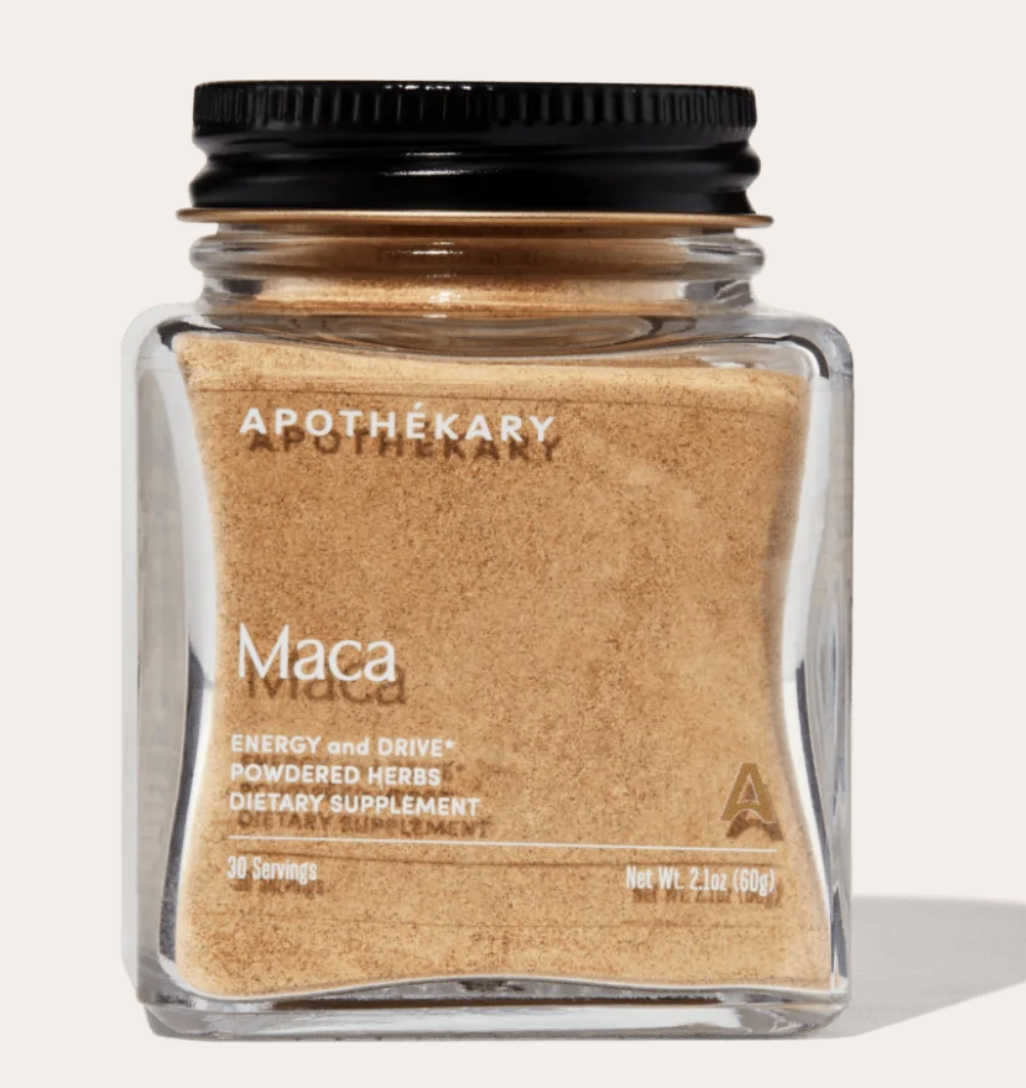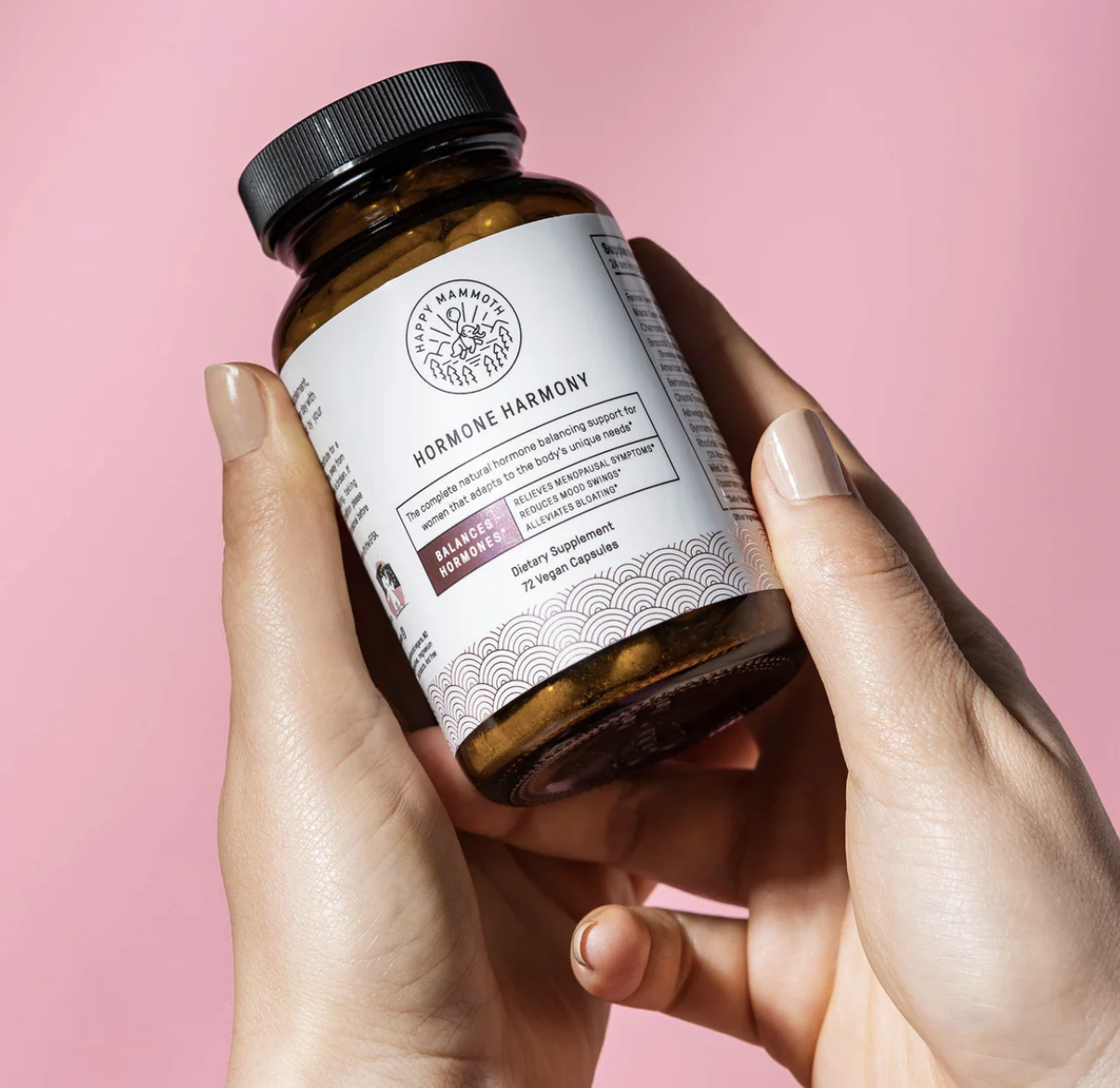Hormone Replacement Therapy (HRT) has long been a topic of discussion and debate, particularly when it comes to managing menopausal symptoms and addressing hormonal imbalances. Many women turn to HRT for relief from hot flashes, night sweats, and other challenging symptoms. However, the decision to start HRT is significant and comes with its own set of considerations. We’ll unpack everything you need to know about HRT – from the potential benefits and risks to alternative options.
What is Hormone Replacement Therapy (HRT)?
Hormone Replacement Therapy involves the use of synthetic hormones to replace or supplement the natural hormones that decrease during menopause. The most common hormones used in HRT are estrogen and progesterone.
Pros of Hormone Replacement Therapy (HRT)
Symptom Relief: HRT is highly effective in relieving the most common menopausal symptoms, such as hot flashes, night sweats, and vaginal dryness.
Bone Health: HRT helps in maintaining bone density, reducing the risk of fractures and osteoporosis, which become more of a concern as estrogen levels drop.
Improved Mood: HRT may alleviate mood swings and depression associated with hormonal changes.
Skin and Hair Perks: Some women find that HRT helps with maintaining skin elasticity and might even see improvements in hair health.
Heart Health: Some studies suggest that HRT can have a positive impact on cardiovascular health by reducing the risk of heart disease.
Cons of Hormone Replacement Therapy (HRT)
Health Risks: HRT is associated with the risk of certain conditions like blood clots, stroke, and in some cases, breast cancer. It’s important to discuss these risks with your doctor, especially considering your personal and family medical history.
Individual Variability: The effectiveness and safety of HRT can vary from person to person, making it a less predictable treatment.
Side Effects: Just like any treatment, HRT can come with side effects. Some women experience breast tenderness, headaches, nausea, and mood swings, especially when starting the therapy. It can be a bit of trial and error to find the right balance.
Not a Long-Term Solution: I personally know women who have been on HRT for decades! However, HRT is usually not recommended for long-term use. The goal is often to use the lowest effective dose for the shortest time needed. This means you might need to revisit your treatment plan regularly.
Regular Monitoring Needed: When you’re on HRT, you’ll need regular check-ups with your healthcare provider to monitor the therapy’s effects and make any necessary adjustments.
Symptoms May Return After Stopping: When you stop HRT, it’s possible that menopausal symptoms might come back. It’s something to be prepared for and to discuss strategies for managing these symptoms with your healthcare provider.
Alternative Options to HRT
If you’re considering alternatives to HRT or want to complement your treatment, here are some options to explore:
Lifestyle Changes: Adopting a healthy lifestyle can significantly reduce menopausal symptoms. Regular exercise, a balanced diet, and stress reduction techniques like yoga and meditation can be effective.
Herbal Remedies: Some herbal supplements, such as black cohosh and red clover, have shown promise in alleviating menopausal symptoms. Always consult with a healthcare provider before using them.

Apothekary Maca
Maca’s nutrient profile is impressive. It contains ample amounts of copper, vitamin C, and potassium–all essential nutrients for mood and energy.
Bio-Identical Hormones: These hormones are derived from natural sources and are believed to be safer than synthetic hormones. However, a doctor should closely monitor them and a prescription is necessary.
Non-Hormonal Medications: Certain antidepressants, blood pressure medications, or other prescription drugs can sometimes help with hot flashes and other symptoms.
Vaginal Estrogen: For women experiencing vaginal dryness and discomfort, low-dose vaginal estrogen in the form of creams or rings can be a targeted solution.
Mind-Body Practices: Relaxation techniques, such as deep breathing exercises and acupuncture, may help manage stress and reduce menopausal symptoms.
Dietary Supplements: Some women find relief from symptoms by taking dietary supplements like vitamin D, calcium, and omega-3 fatty acids.
Making an Informed Choice
When it comes to HRT and its alternatives, there is no one-size-fits-all approach. The decision should be based on individual health, preferences, and the guidance of a healthcare provider. It’s essential to weigh the pros and cons carefully, considering your personal risk factors and treatment goals.

Hormone Happy
Contains a powerful blend of plant extracts shown to relieve symptoms of menopause.
Ultimately, whether you choose HRT, alternative therapies, or a combination of approaches, the goal is the same: achieving hormonal balance and improving your overall quality of life during menopause. Consulting with a knowledgeable healthcare professional is a crucial step in making an informed decision that best suits your needs and preferences.












